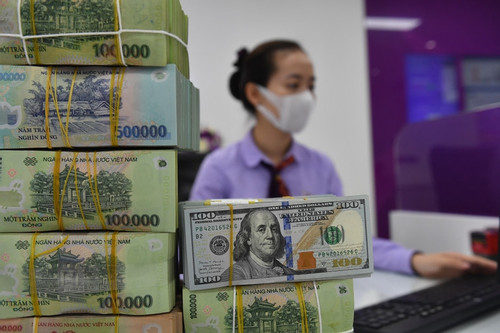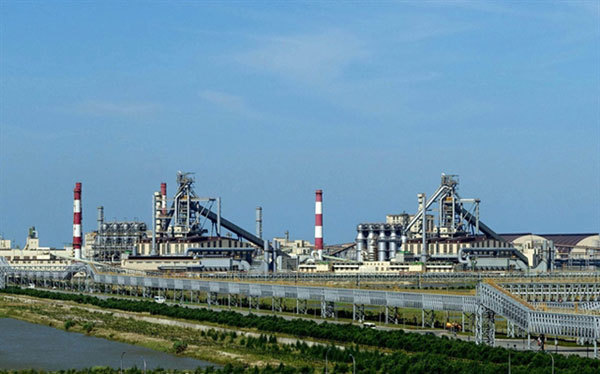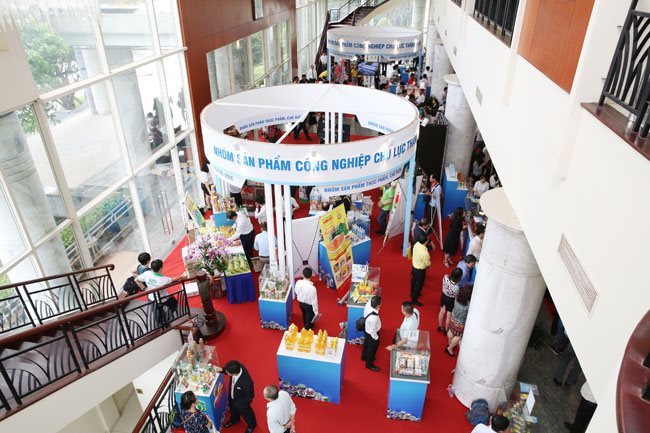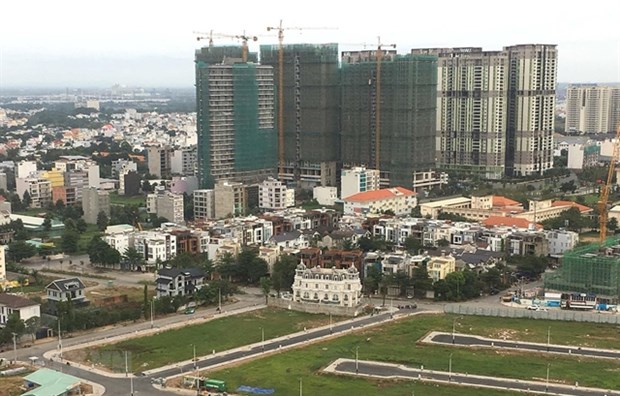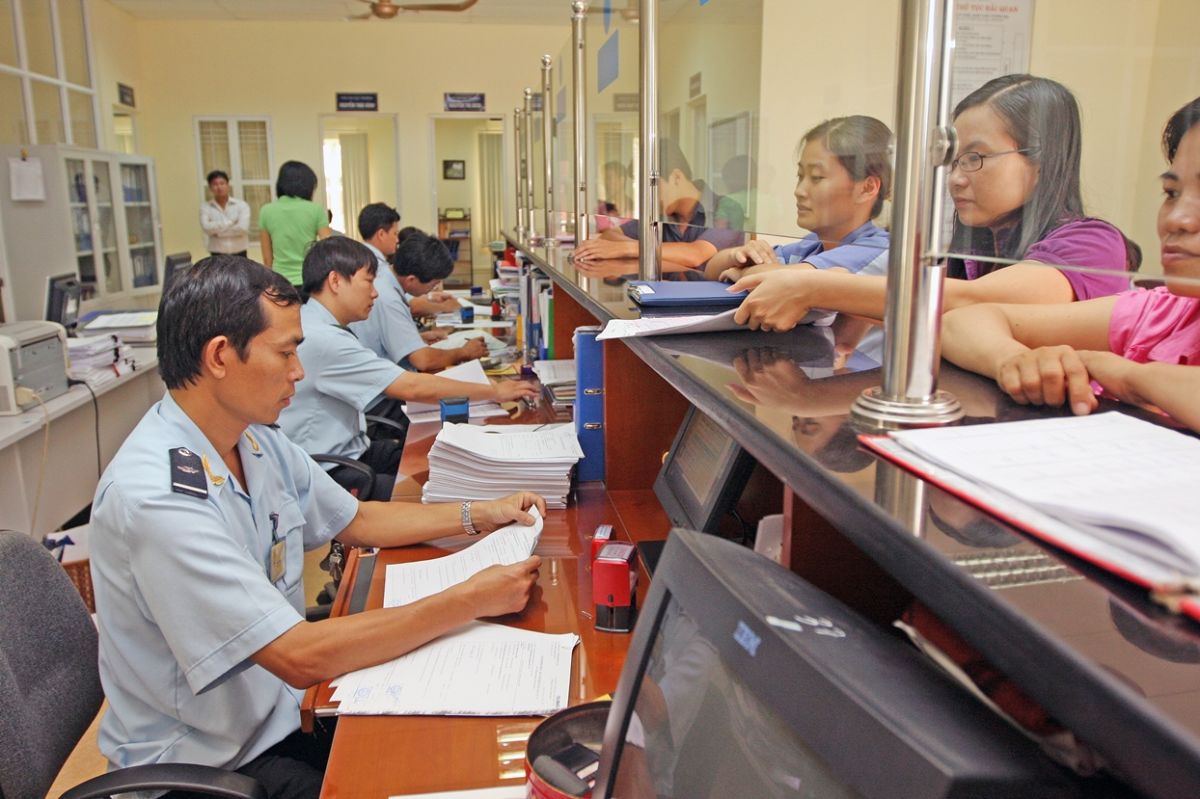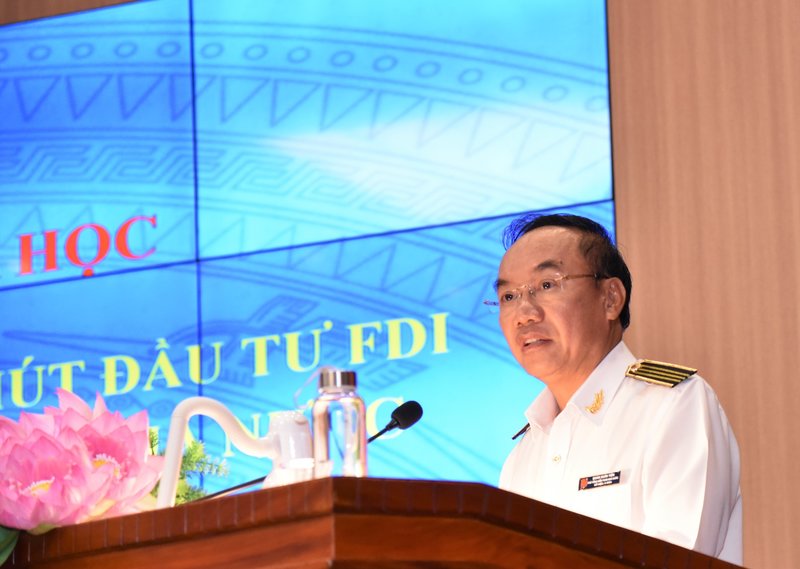- © Copyright of Vietnamnet Global.
- Tel: 024 3772 7988 Fax: (024) 37722734
- Email: evnn@vietnamnet.vn
transfer pricing
Update news transfer pricing
Ministry vows to stop transfer pricing, businesses worry about capitalization
The regulations on fighting transfer pricing and preventing thin capitalization are not expected to have a big impact on foreign-invested enterprises. But it will cause difficulties for Vietnamese-owned enterprises.
FDI enterprises increase but more losses reported
The number of foreign direct investment (FDI) enterprises continues to increase in Vietnam, but more are reporting losses.
Inspections against transfer pricing to be increased
Inspections against transfer pricing will be increased as per a proposal by the Ministry of Finance in the context that more than half of foreign direct investment (FDI) enterprises reported losses.
Anti-transfer pricing measures also applicable to domestic enterprises
Tax management performed on enterprises which conduct affiliated transactions will rely upon the principle of fairness, transparency and no discrimination against neither domestic nor foreign enterprises, said a top taxman.
New regulations on cap on loan interest deductions released
The regulations on the cap on loan interest deductions will cause enterprises to face difficulty as they have small capital and operate mostly with borrowed money.
New decree to prevent transfer pricing, limit thin capitalisation
The Government’s recently-issued Decree 132/2020/NĐ-CP would help prevent transfer pricing and limit thin capitalisation to develop a healthy investment market, Deputy Director of the General Department of Taxation Dang Ngoc Minh said.
Australian firm alleged of transfer pricing worth over US$116 million
The State Audit Office of Vietnam requested the police to investigate the case.
Tax inspectors detect 72 enterprises with suspected transfer pricing
The General Department of Taxation inspected 72 enterprises suspected of indulging in transfer pricing, collecting taxes and imposing fines of VND212 billion,
Finance Ministry plans to support enterprises with related party transactions
The interest expense deduction limit may be raised from the current 20% to 30% to support businesses, according to a draft decree on tax management for enterprises with related party transactions the Ministry of Finance made public for comments.
Fees and charges make up growing shares in Vietnam state budget revenue
Such increases have created a burden on the citizens, while multinationals are taking advantage of Vietnam’s incentive policies to avoid taxes.
Vietnam considers specific investment incentives to attract FDI
 Under the draft law, financial incentives would be given in three fields – corporate income tax, import/export tax; finance and land; and accelerated depreciation.
Under the draft law, financial incentives would be given in three fields – corporate income tax, import/export tax; finance and land; and accelerated depreciation.
Transfer pricing among FDI firms in Vietnam at alarming rate: State Audit
While FDI firms continue to report losses, they keep expanding operations in the country.
FIEs try to evade tax in Vietnam
 Vietnam plans to enact a law to fight against the transfer pricing tax in an effort to enforce transfer pricing rules more aggressively, according to Cao Anh Tuan, general director of the General Department of Taxation (GDT).
Vietnam plans to enact a law to fight against the transfer pricing tax in an effort to enforce transfer pricing rules more aggressively, according to Cao Anh Tuan, general director of the General Department of Taxation (GDT).
Transfer pricing focus in store for overseas-invested groups
 The extent of economic restraints caused by COVID-19 now cannot be known, but the Vietnamese economy will not grow as was estimated until recently.
The extent of economic restraints caused by COVID-19 now cannot be known, but the Vietnamese economy will not grow as was estimated until recently.
Aligning transfer pricing with international norms
 The growth of FIEs in Vietnam has recently raised increasingly complicated tax concerns. These problems arise primarily from the practical issues of determining the transaction price between FIEs and their related parties.
The growth of FIEs in Vietnam has recently raised increasingly complicated tax concerns. These problems arise primarily from the practical issues of determining the transaction price between FIEs and their related parties.
HCM City: many businesses fall into foreign hands
 There were 5,720 cases of foreign investors contributing capital or buying into Vietnamese enterprises in HCM City in 2019, which was 4.3 times higher than the number of FDI projects, according to the HCM City Planning and Investment Department.
There were 5,720 cases of foreign investors contributing capital or buying into Vietnamese enterprises in HCM City in 2019, which was 4.3 times higher than the number of FDI projects, according to the HCM City Planning and Investment Department.
Coca Cola forced to pay tax arrears, taxation agencies urged to find more violators
 Economists, applauding the decision to impose fines and force Coca Cola to pay tax arrears, totaling VND821 billion, said it is necessary to deal with foreign invested enterprises that evade tax and conduct transfer pricing.
Economists, applauding the decision to impose fines and force Coca Cola to pay tax arrears, totaling VND821 billion, said it is necessary to deal with foreign invested enterprises that evade tax and conduct transfer pricing.
Finance Ministry tightens control over FIE transfer pricing, domestic businesses suffer
Vietnamese corporations have complained that the new solution to fight against transfer pricing by controlling loan interest rates is causing problems for their operations.
Vietnam’s fight against transfer pricing loses steam
Established years ago, the taskforce in charge of fighting transfer pricing under the General Department of Taxation (GDT) remains unheard of by the public.
Transfer pricing: cars sold in Vietnam three times more expensive than in the US
Transfer pricing has always been a heady problem for the Vietnamese government and ministries since the country began attracting FDI (foreign direct investment).
